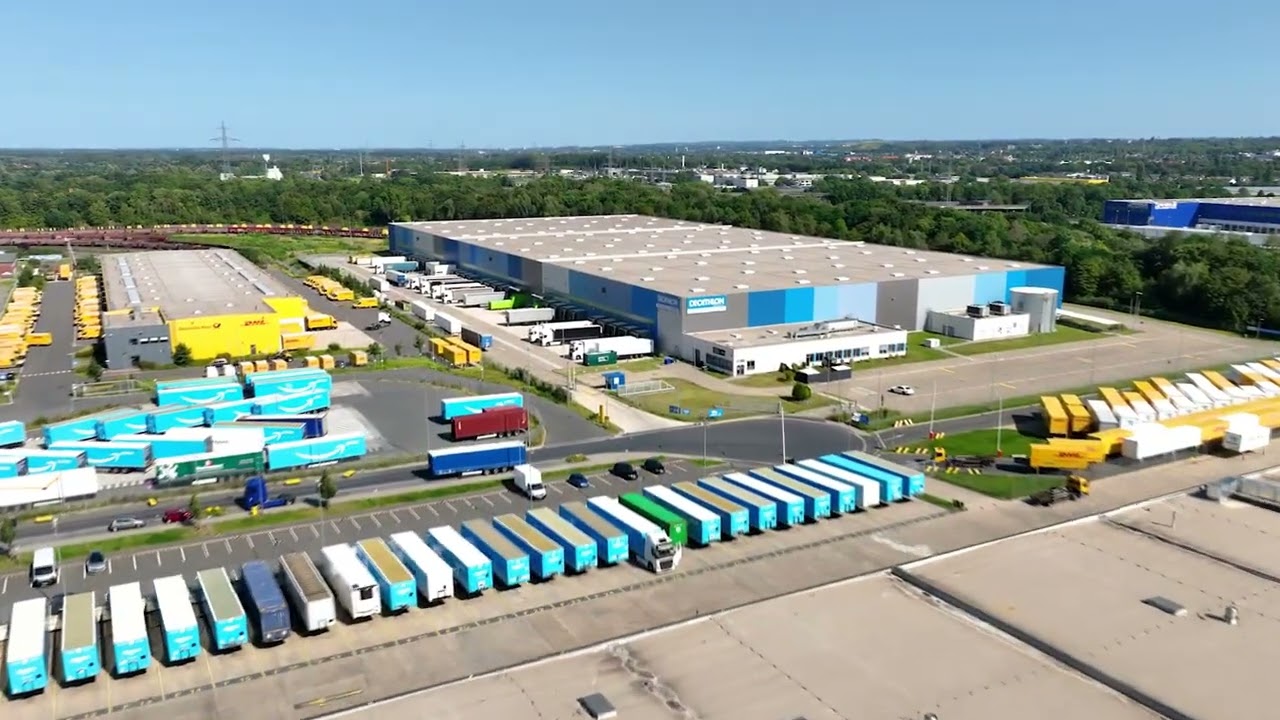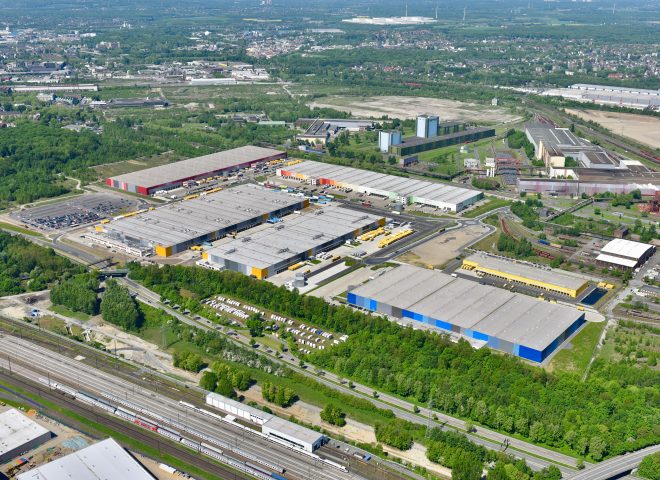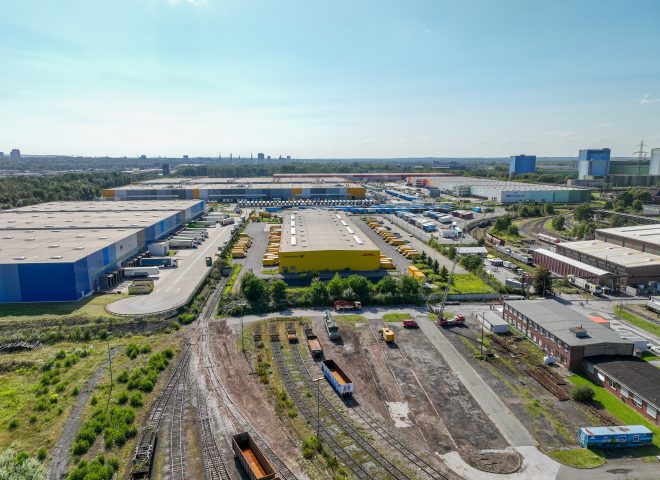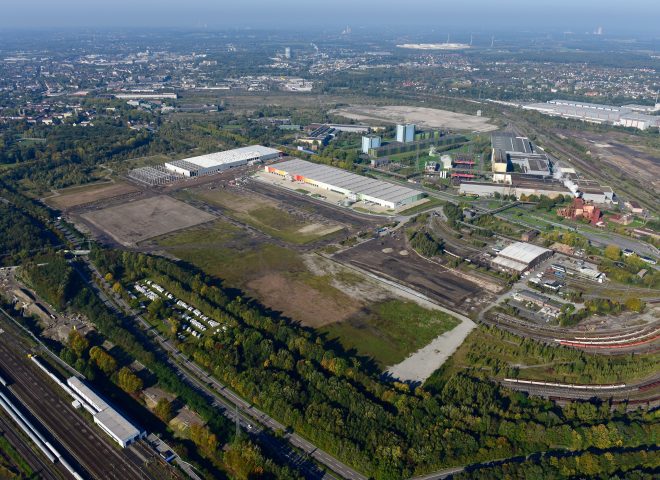Sustainable and future-oriented – soil remediation is the foundation of successful brownfield projects. What may appear to be a purely technical process is, in fact, a crucial lever for climate protection, land recycling, and site attractiveness. Only where contaminants are professionally removed and soils are ecologically stabilized can new, sustainable uses emerge – from logistics and industrial facilities to urban mixed-use developments.
Brownfield developments continue to pose unique challenges. Contaminated soil, unclear ownership, heritage protection, or outdated infrastructure can make revitalization complex. Yet, they also offer significant strategic advantages: through densification, no new land is sealed – an important contribution to achieving climate targets – and existing commercial sites are preserved rather than forcing logistics and industry to relocate to outlying areas.
Value Dimensions
Revitalizing former industrial land conserves land resources and prevents additional surface sealing. Studies show that high-quality soil remediation not only mitigates groundwater and soil risks but also safeguards the ecological and social functions of the site for the future.
Existing industrial sites often benefit from well-developed transport, energy, and broadband infrastructure – ideal conditions for modern logistics spaces. In Germany, over 50% of all new logistics properties developed in the first half of 2025 were already located on brownfield sites1.
Using existing land allows commercial areas to maintain competitiveness through shorter supply chains, existing infrastructure connections, and regional economic integration.
Logistics and industrial spaces on former industrial sites foster regional value creation and employment instead of shifting them to peripheral regions.
The realization of such projects requires a systematic approach to soil remediation:
A striking example from the GARBE portfolio: in Dortmund, GARBE Industrial transformed approximately 45 hectares of the former Westfalenhütte steel and ironworks site into more than 225,000 m² of new logistics and commercial space. Over 3,000 tons of soil material were moved per day – a clear indicator of the project’s scale and its upfront investment costs, but also of its importance. Today, the fully leased site is considered a benchmark project for the revitalization of former industrial land across the sector.

This example shows that GARBE has long been committed to brownfield development. With the foundation of GARBE Regeneration in summer 2025, this focus will be further expanded and professionalized.



In the context of brownfield logistics projects, consistent soil remediation is not an optional extra but an integral part of the value chain. Those who take this step strategically from the outset create sites for the future – ecologically, economically, and socially. At the same time, the financial impact must not be underestimated: depending on the level of contamination, remediation can account for up to 20% of total project costs, or even more in heavily polluted areas. Nevertheless, these investments are worthwhile – not only from an environmental standpoint but also as a long-term strategy to secure viable land in a market where available greenfield sites are rapidly disappearing.
Sources
Image source
iStock: Aerial drone photography of industrial factories. Marcin Jozwiak/p>
We use cookies on our site. Some of them are essential, while others help us to improve this website and to show you personalised advertising. You can either accept all or only essential cookies. To find out more, read our privacy policy and cookie policy. If you are under 16 and wish to give consent to optional services, you must ask your legal guardians for permission. We use cookies and other technologies on our website. Some of them are essential, while others help us to improve this website and your experience. Personal data may be processed (e.g. IP addresses), for example for personalized ads and content or ad and content measurement. You can find more information about the use of your data in our privacy policy. You can revoke or adjust your selection at any time under Settings.
If you are under 16 and wish to give consent to optional services, you must ask your legal guardians for permission. We use cookies and other technologies on our website. Some of them are essential, while others help us to improve this website and your experience. Personal data may be processed (e.g. IP addresses), for example for personalized ads and content or ad and content measurement. You can find more information about the use of your data in our privacy policy. This is an overview of all cookies used on this website. You can either accept all categories at once or make a selection of cookies.